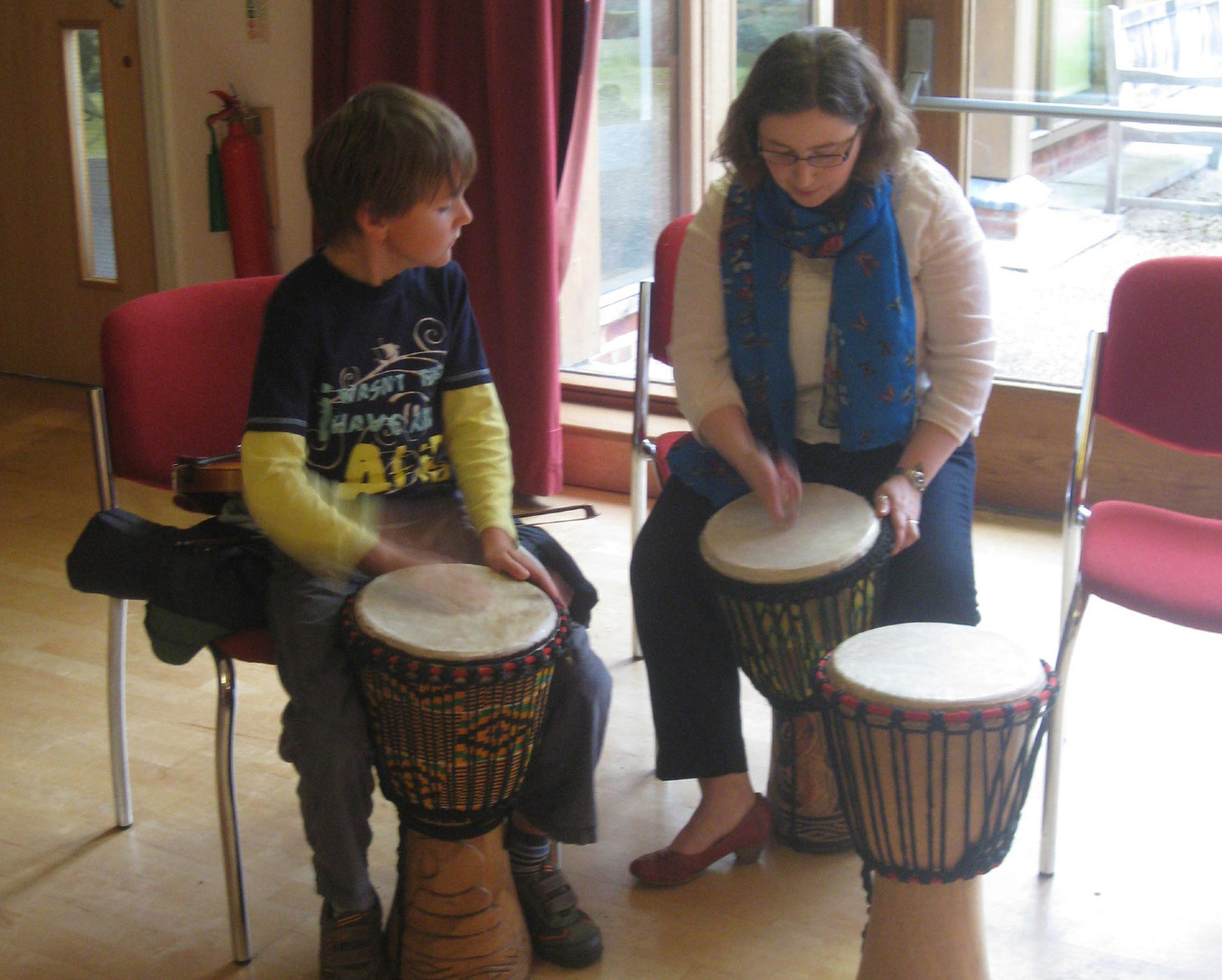Play time: the benefit of music in schools
Posted on 28th February 2023 at 12:22

This month, we hear from PPL PRS, the organisation behind TheMusicLicence – a key factor in allowing schools to play recorded music.
They explore the impact music can have for children’s development, and tell us why TheMusicLicence is so important for schools and musicians alike.














